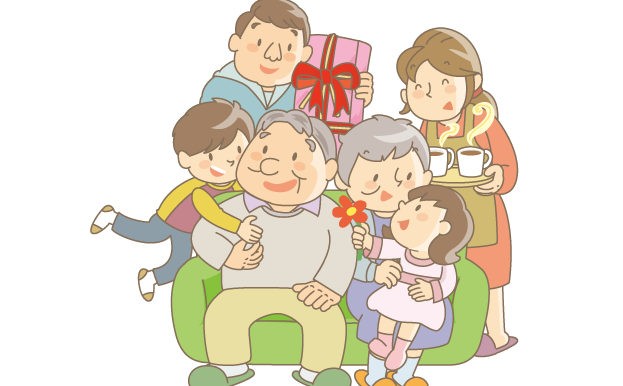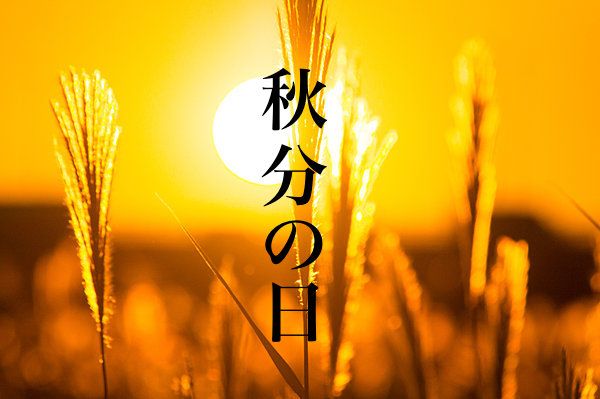You might have heard of Silver Week (シルバーウィーク), an expression coined in 2009, referring to 3 consecutive Japanese national holidays in early autumn. But did you know that the Japanese Silver Week, in fact, does not occur annually?
The Respect for the Aged Day And…
On that day, the Japanese pay their respect to the elderly and celebrate long life. 敬老の日 was originally celebrated on the 15th, but recently changed to the third Monday of September. This calendar modification resulted from the introduction of the Happy Monday System (ハッピーマンデー制度). This system moved a number of public holidays to Monday in order to create three-day weekends.

The Autumnal Equinox Day
秋分の日 is a public holiday, generally occurring on the 22nd or the 23rd of September. This day commemorates the autumnal equinox. The exact date is announced the previous year, during the first week of February.

The Citizens’ Holiday
When a day falls between two national holidays, it then becomes an additional holiday known as 国民の休日, the citizens’ holiday.
… Give the Japanese Silver Week!
Every 5 or 6 years, thanks to an unusual occurrence, a weekend will be followed by the Respect for the Aged Day and the Autumnal Equinox Day, separated by a Citizens’ Holiday! Balancing with the Golden Week (a period of consecutive national holidays in late spring), and in reference to the elderly’s gray hair, this week was called “Silver Week”.
Despite its unusual occurrence, many Japanese naturally regard national holidays in September as Silver Week. The cosmos flowers called the cherry blossoms of autumn, are in full bloom, offering beautiful landscapes. Japanese often chose to take some days off around September’s national holidays to travel. Unfortunately, the real notable Silver Week will not be observed before 2020!
Curious about the Golden Week? Check our previous post!